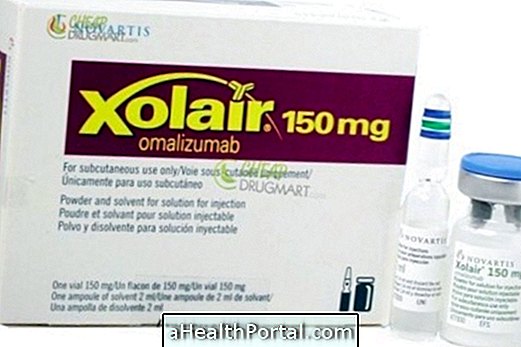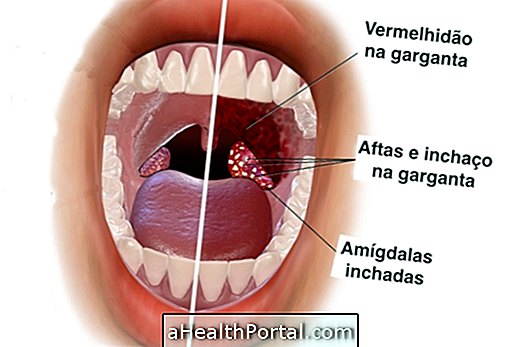Acute disseminated encephalomyelitis, also known as ADEM, is a rare inflammatory disease that affects the central nervous system following infection by a virus or after vaccination. However, modern vaccines have reduced the risk of developing the disease and so it is very rare to have ADEM after vaccination.
ADEM occurs mainly in children and treatment is usually effective and may take up to 6 months for total recovery, however some patients may have life-long injuries such as reasoning, loss of vision, and numbness in some limbs of the body.

What are the signs and symptoms
The symptoms of acute disseminated encephalomyelitis usually come at the end of treatment for infection of a virus and are related to the movement and coordination of the body because the brain and the entire central nervous system are affected.
The main symptoms of ADEM are:
- Slow motion;
- Decreased reflexes;
- Paralysis of muscles;
- Fever;
- Somnolence;
- Headache;
- Tiredness;
- Nausea and vomiting;
- Irritability;
- Depression.
As the brain of these patients is affected, convulsions are also frequent. Know what to do in case of seizure.
Possible causes
ADEM is a syndrome that usually arises after a viral or bacterial infection of the respiratory tract. However, although rare, it may also develop after administration of a vaccine.
The viruses that most often cause acute disseminated encephalomyelitis are measles, rubella, mumps, influenza, parainfluenza, Epstein-Barr, or HIV.
How is the treatment done?
Acute Disseminated Encephalomyelitis is cured and treatment is done with corticosteroid injection or tablets. In more severe cases of the disease it may be necessary to make blood transfusions.
Treatment for deep disseminated encephalomyelitis reduces symptoms, although certain people may be left with sequelae for the rest of their lives, such as loss of vision or numbness in their limbs.
























